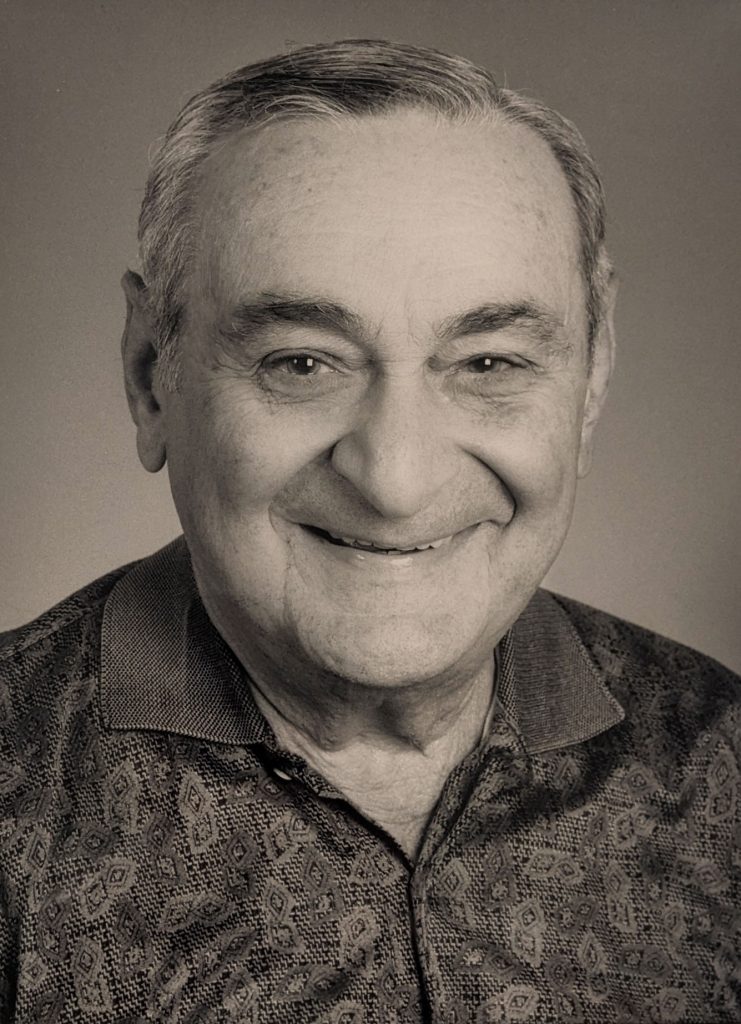
Joseph S. Slavet’s exemplary life came to a close at 104 years old. It is fitting to reflect on his considerable contributions to social and racial justice and economic mobility. Joe, who led ABCD from its inception in 1962 to 1966, was an architect of the organization’s mission and innovative programming, particularly in early childhood education, youth development, and community health.
Born in Boston’s West End and raised in Dorchester and Mattapan, Joe was a decorated World War II veteran who returned home determined to dedicate his life to public service and institutional change. His work at the Boston Municipal Research Bureau and as an adviser to Boston Mayor John Collins proved to be excellent preparation to lead ABCD, one of a handful of anti-poverty demonstration projects funded by the Ford Foundation.
Working closely with civil rights leader and ABCD Co-founder Melnea Cass and a select few visionary activists, Joe prioritized scaling programs with the passage of President Lyndon B. Johnson’s Economic Opportunity Act and ABCD’s subsequent designation as Boston’s anti-poverty organization.
He oversaw the organization’s transition from pilot project to incorporation as a nonprofit community action agency, and from there, he put plans into place that would improve the lives of hundreds of thousands of people during his tenure.
Under Joe’s management, ABCD established its neighborhood opportunity center network, created the Roxbury Multi-Service Center, as well as the nation’s first community health center, in partnership with Tufts University. That much-needed resource, the Columbia Point Community Health Center, still operates today as the Geiger Gibson Community Health Center.
In the 2002 book Changing Lives, Changing Communities: An Oral History of Action for Boston Community Development by Robert C. Hayden and Ann Withorn, Joe called ABCD’s growth and impact on underserved individuals, families, and communities in Greater Boston “a miracle.” ABCD’s stability and impact could only have been possible as a result of the foundation that Joe Slavet helped to put in place. The bricks in that foundation included hiring qualified and compassionate people like Robert M. Coard, who would go on to lead ABCD for more than 30 years, and building relationships that would help the organization create pathways out of poverty so that all might thrive.
An academic and public policy expert, Joe went on to purposeful work in other arenas. ABCD is grateful for the seminal role he played in drawing an effective blueprint for change and building an organization that continues to carry out his vision every day. May he rest in peace, and may his memory be a blessing.